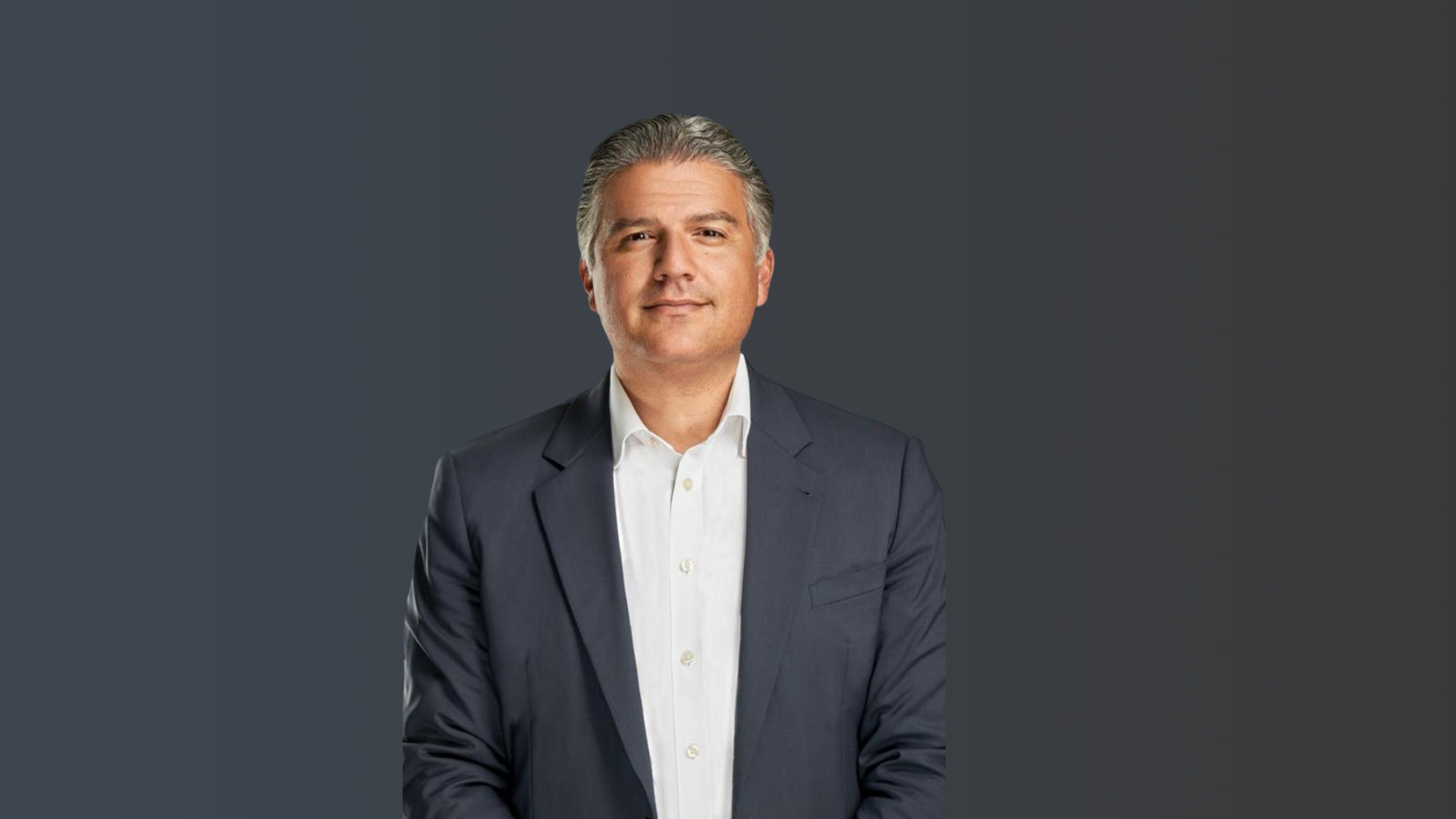Hassan Allam Joins AUC's Board of Trustees
AUC’s Board of Trustees has welcomed Hassan Allam ’02 as its newest member. Allam is the chief executive officer of Hassan Allam Holding, a leading group specializing in engineering, construction, investment and development, as well as real-estate development projects.
“We are pleased to welcome Hassan Allam to our board,” said Mark Turnage (ALU ’82), chair of AUC’s Board of Trustees. “He has always been a tremendous partner to AUC, a proud graduate who has championed the University and shown tremendous leadership in preserving Egypt’s culture and heritage.”
“Hassan Allam has always been a tremendous partner to AUC, a proud graduate who has championed the University and shown tremendous leadership in preserving Egypt’s culture and heritage.”
A graduate of civil engineering from AUC, Allam has been the group’s CEO since 2009. Allam oversees the company’s operations in 10 different countries, with a focus on efficiency, safety and cost-effective management. Under his guidance, the group has seen remarkable growth, driven by his leadership in facilitating international expansion and promoting diversification. The group is ranked 45th in the 2025 Engineering News-Record list of the top 250 global contractors.
Allam’s commitment to development and quality are reflected in his dedication to Hassan Allam Holding, as well as his civic engagement. Allam actively engages with prestigious international organizations such as the Young Presidents’ Organization, Egyptian Center for Economic Studies, American Chamber of Commerce in Egypt and British Egyptian Business Association. He recently received AUC’s Global Impact Award for his leadership in bringing the Grand Egyptian Museum from concept to operation through Legacy for Management & Development, a Hassan Allam Holding company.
Joining AUC’s Board of Trustees will be a continuation of Allam’s engagement with his community and commitment to excellence. “His insight and experience will be invaluable to the work of the University,” said Turnage.
Hassan Allam, CEO of Hassan Allam Holding, is joining AUC's Board of Trustees.










